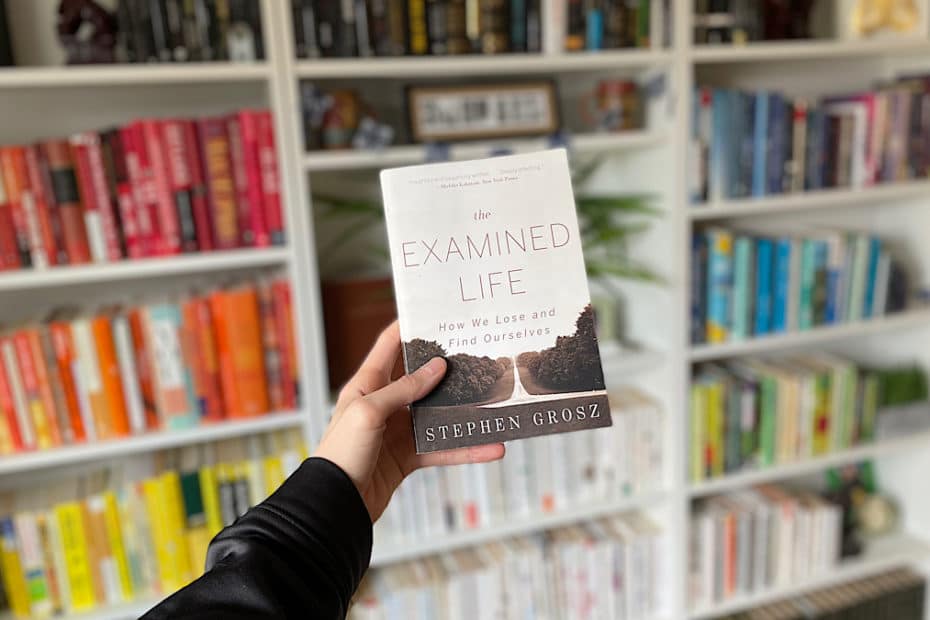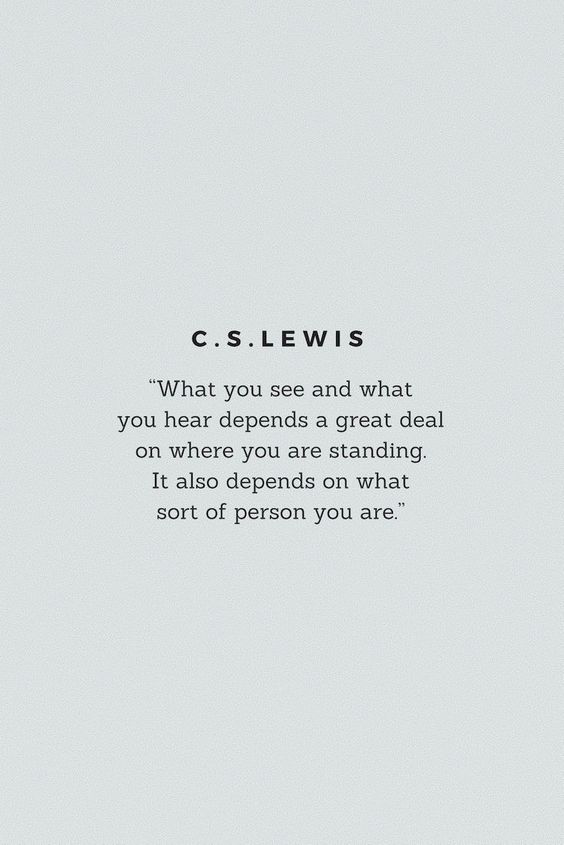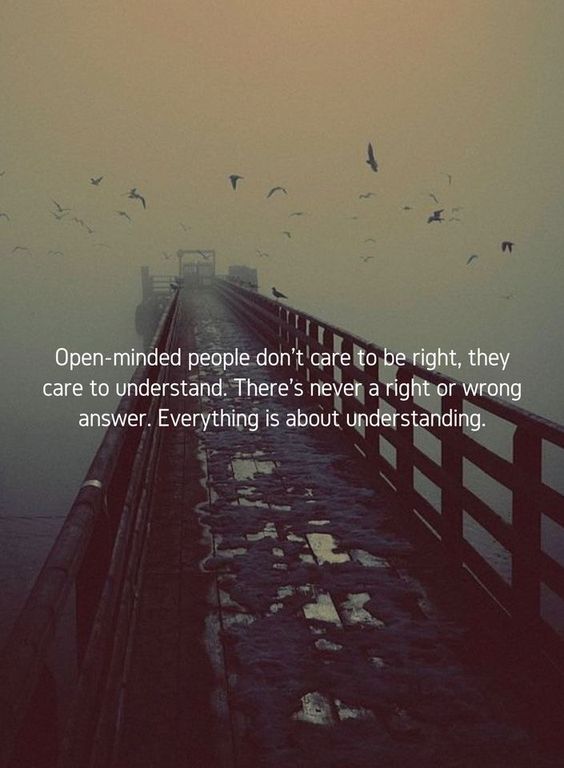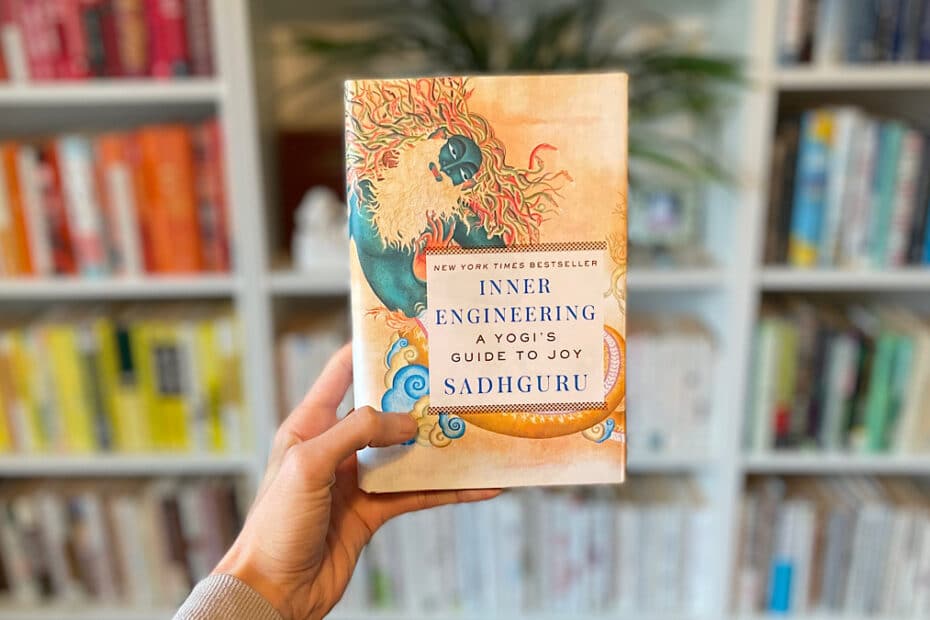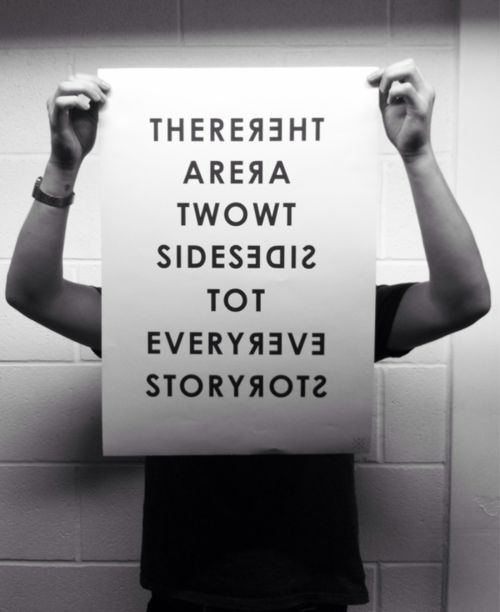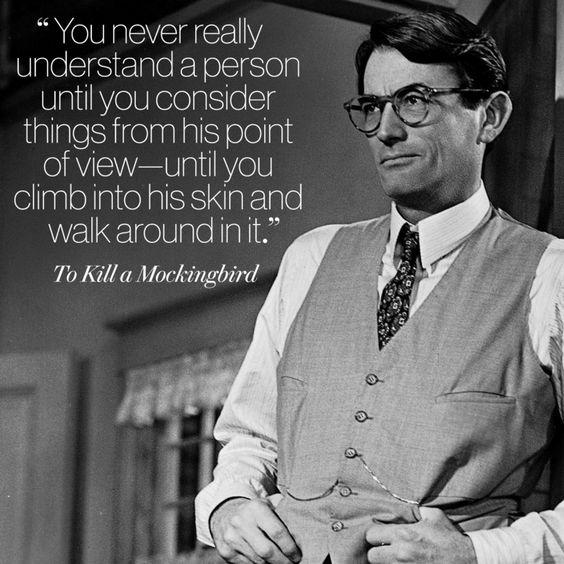“Man’s mind is a mirror of a universe that mirrors man’s mind.”
Joseph Chilton Pearce, via Sunbeams (Page 65)
“The fact that you can think, the fact that you can read this book, the fact that you are able to reason in and out of situations—all of this is what gives you the ability to improve your circumstances and become better. It’s important to appreciate this ability, because it’s a genuine ability. Not everyone is so lucky. Seriously—what you take for granted, others wouldn’t even think to dream of.”
Ryan Holiday, The Daily Stoic (Page 86)
10 Stephen Grosz Quotes From The Examined Life on Pain, Change, and Loss
Excerpt: Stephen Grosz has been a psychoanalyst for 25+ years. These quotes from The Examined Life give you access to 50,000+ hours of his distilled insight.
Read More »10 Stephen Grosz Quotes From The Examined Life on Pain, Change, and Loss
“Experience has taught me that our childhoods leave in us stories like this—stories we never found a way to voice, because no one helped us to find the words. When we cannot find a way of telling our story, our story tells us—we dream these stories, we develop symptoms, or we find ourselves acting in ways we don’t understand.”
Stephen Grosz, The Examined Life (Page 10)
The Examined Life: How We Lose and Find Ourselves [Book]
Book Overview: An extraordinary book for anyone eager to understand the hidden motives that shape our lives. In his work as a practicing psychoanalyst, Stephen Grosz has spent the last twenty-five years uncovering the hidden feelings behind our most baffling behavior. The Examined Life distills more than fifty thousand hours of conversation into pure psychological insight without the jargon. This extraordinary book is about one ordinary process: talking, listening, and understanding. Its aphoristic and elegant stories teach us a new kind of attentiveness. They also unveil a delicate self-portrait of the analyst at work and show how lessons learned in the consulting room can reveal as much to the analyst as to the patient. These are stories about our everyday lives; they are about the people we love and the lies we tell, the changes we bear and the grief. Ultimately, they show us not only how we lose ourselves but also how we might find ourselves.
Buy from Amazon! Listen on Audible!
Great on Kindle. Great Experience. Great Value. The Kindle edition of this book comes highly recommended on Amazon.
Post(s) Inspired by this Book:
“I don’t hold myself to longer hours; if I did, I wouldn’t gain by it. The only reason I write is because it interests me more than any other activity I’ve ever found. I like riding, going to operas and concerts, travel in the west; but on the whole writing interests me more than anything else. If I made a chore of it, my enthusiasm would die. I make it an adventure every day. I get more entertainment from it than any I could buy, except the privilege of hearing a few great musicians and singers. To listen to them interests me as much as a good morning’s work.”
Willa Cather, via Daily Rituals (Page 199) | Read Matt’s Blog on this quote ➜
“Perhaps everything terrible is in its deepest being something helpless that wants help from us.”
Rainer Maria Rilke, Letters To A Young Poet, Sunbeams (Page 32)
Tara Westover Quote on How Education Is About More Than Making A Living
“An education is not so much about making a living as making a person.”
Tara Westover, Educated
Beyond the Quote (Day 394)
We don’t come into this world already made—we come into this world ready to be made. We are not finished when we are born, we are born so that we can start. We are not a masterpiece that is revealed once born—we are a pile of puzzle pieces which reveal a masterpiece once assembled. If we truly want to understand who we are, this is the reality of our situation. Our identity is not just given—it’s a reward that has to be earned. And the process of assembling this puzzle isn’t simple nor is it easy.
Read More »Tara Westover Quote on How Education Is About More Than Making A Living“…You are no longer Buddhist or a Hindu or a Christian or a Jew or a Moslem. You are love, you are truth. And love and truth have no form. They flow into forms. But the word is never the same as that which the word connotes. The word ‘God’ is not God, the word ‘Mother’ is not Mother, the word ‘Self’ is not Self, the word ‘moment’ is not the moment. All of these words are empty. We’re playing at the level of intellect, feeding that thing in us that keeps wanting to understand. And here we are, all the words we’ve said are gone. Where did they go? Do you remember them all? Empty, empty. If you heard them, you are at this moment empty. You’re ready for the next word. And the word will go through you. You don’t have to know anything: that’s what’s so funny about it. You get so simple. You’re empty. You know nothing. You simply are wisdom—not becoming anything, just being everything.”
Ram Dass, Sunbeams (Page 25)
“If we could read the secret history of our enemies, we would find in each man’s life a sorrow and a suffering enough to disarm all hostility.”
Henry Wadsworth Longfellow, Sunbeams (Page 19)
Alicia Keys Quote on Perfection and Being Okay With Our Imperfect Reality
“I tend to want every person to embody the best of humanity—for all of us to be givers and builders and dreamers. That’s not reality. At different seasons in life, we each fall into various categories. Even still, every one of us also has a strong behavioral tendency, and that is okay. I’m coming to terms with the fact that so-called perfection—this idea that everything should be beautiful and in order at all times—is just not going to happen.”
Alicia Keys, More Myself (Page 254)
Beyond the Quote (Day 386)
And as she says in her song, Authors of Forever, “Wherever you are, it’s alright / Whoever you are, it’s alright.” It’s okay to be who you are, where you are on your journey. None of us are perfect and we all lead imperfect lives. Expect perfection from someone—anyone—and you’ll always end up disappointed. Expect imperfection and you’ll at least be able to meet people where they are. Disappointment leads to emotional distancing and separation. Understanding leads to emotional advancing and connection.
Read More »Alicia Keys Quote on Perfection and Being Okay With Our Imperfect RealityC. Day Lewis Quote on Writing and How We Write To Understand; Not To Share What We Already Know
“I do not sit down at my desk to put into verse something that is already clear in my mind. If it were clear in my mind, I should have no incentive or need to write about it… We do not write in order to be understood; we write in order to understand.”
C. Day Lewis, The Poetic Image, via Sunbeams (Page 15)
Beyond the Quote (385/365)
It starts out as a feeling. An inquisition. A hunch. A curiosity. A reoccurring thought. An observation. An idea. A single line of text.
It proceeds as an exploration into the unknown. A navigating of unclear roads. A charting of unexplored territory. An unraveling of knotted up mental yarn. A sorting through of an unorganized desk. As trains of thought.
Read More »C. Day Lewis Quote on Writing and How We Write To Understand; Not To Share What We Already KnowAn Insightful Short Story About Spilling Coffee — What’s In YOUR Cup?
Excerpt: This short story about spilling coffee shares a powerful analogy that can help you better understand your temperament (and reactions) in life.
Read More »An Insightful Short Story About Spilling Coffee — What’s In YOUR Cup?
30 Sadhguru Quotes from Inner Engineering on Spirituality, Love, and Understanding Life
Excerpt: Learn how to better engineer the inner workings of your life by reading this powerful collection of Sadhguru quotes from Inner Engineering…
Read More »30 Sadhguru Quotes from Inner Engineering on Spirituality, Love, and Understanding Life
Leslie Ralph Quote on Feeling Complete and How To Feel Whole Even With Holes In Your Life
“How can anyone feel complete when they only ever accept a fraction of themselves?”
Leslie Ralph, Tiny Buddha
Beyond the Quote (304/365)
Many people try and fill the “holes” in their lives with another person. The “holes” being fears, doubts, insecurities, and traumas that might have been a part of their past that leave them feeling un-whole. Like parts of them are missing. Like there are voids that they can’t quite figure out or understand. Like only “half” of a person who needs another “half” to feel completed. But, there are two problems with this way of thinking.
Read More »Leslie Ralph Quote on Feeling Complete and How To Feel Whole Even With Holes In Your LifeEckhart Tolle Quote on Understanding Who You Are and How You Might Best Influence Others
“Who you are is always a more vital teaching and a more powerful transformer of the world than what you say, and more essential even than what you do.”
Eckhart Tolle, The Power of Now (Page 202)
Beyond the Quote (257/365)
But, isn’t what we say and what we do, who we are? Sure, our words and actions are key indicators of our identity, but what Tolle points out as being even more important is the intention behind the words and actions. It’s in how we say what we say and in how we do what we do that makes all of the difference. This is a crucial understanding because therefore, it’s the how that points us to understanding who we are.
Read More »Eckhart Tolle Quote on Understanding Who You Are and How You Might Best Influence Others